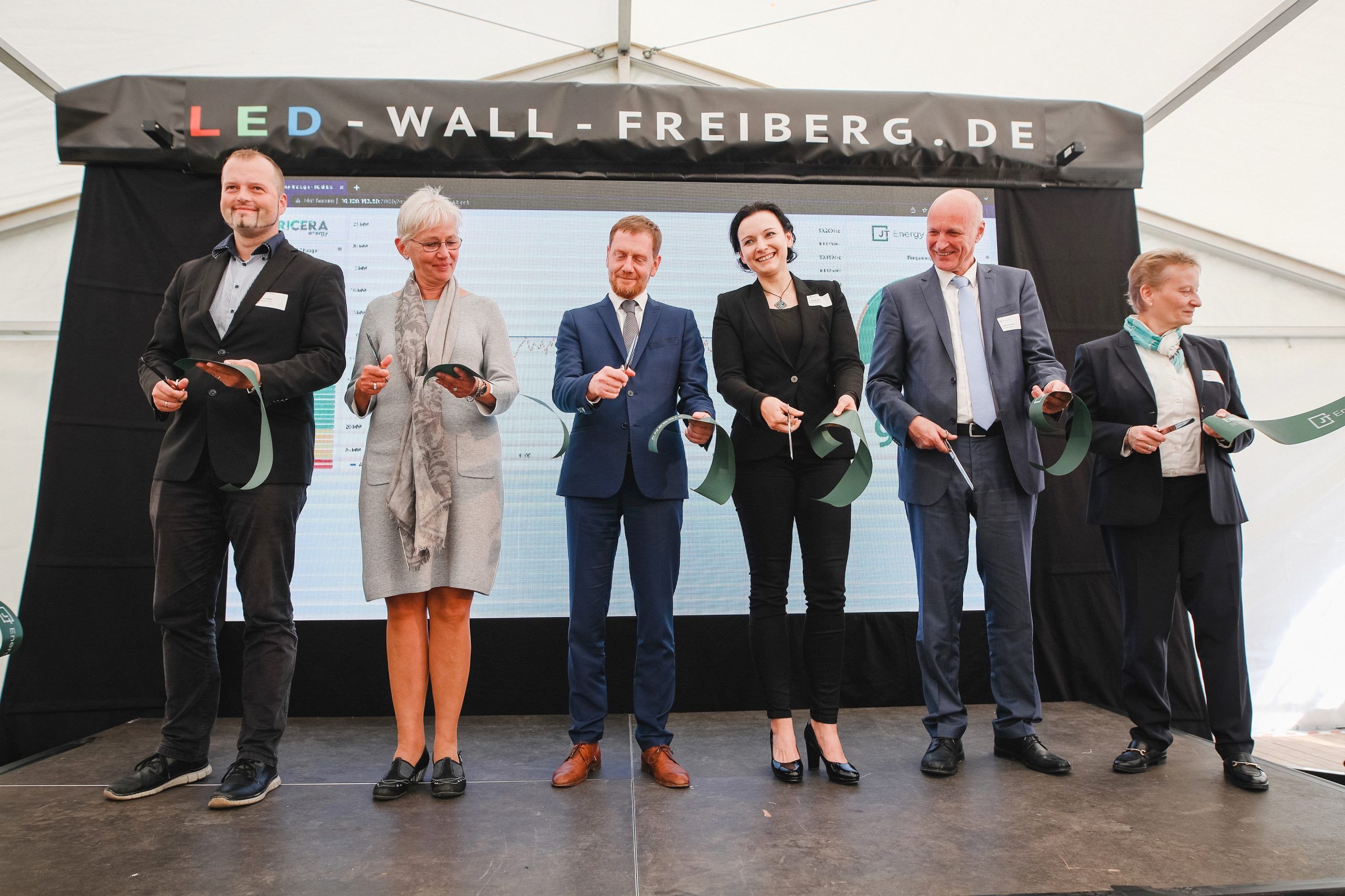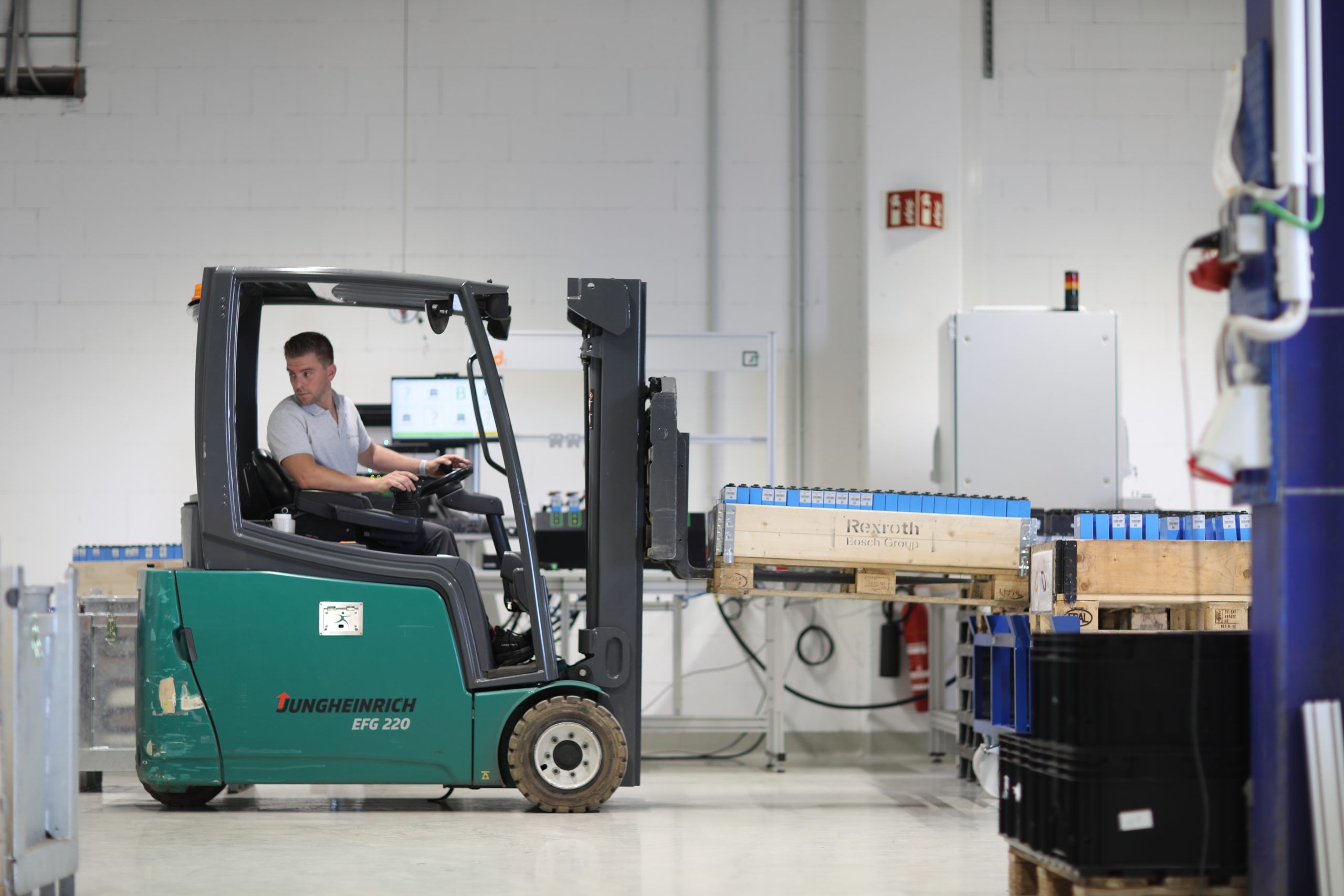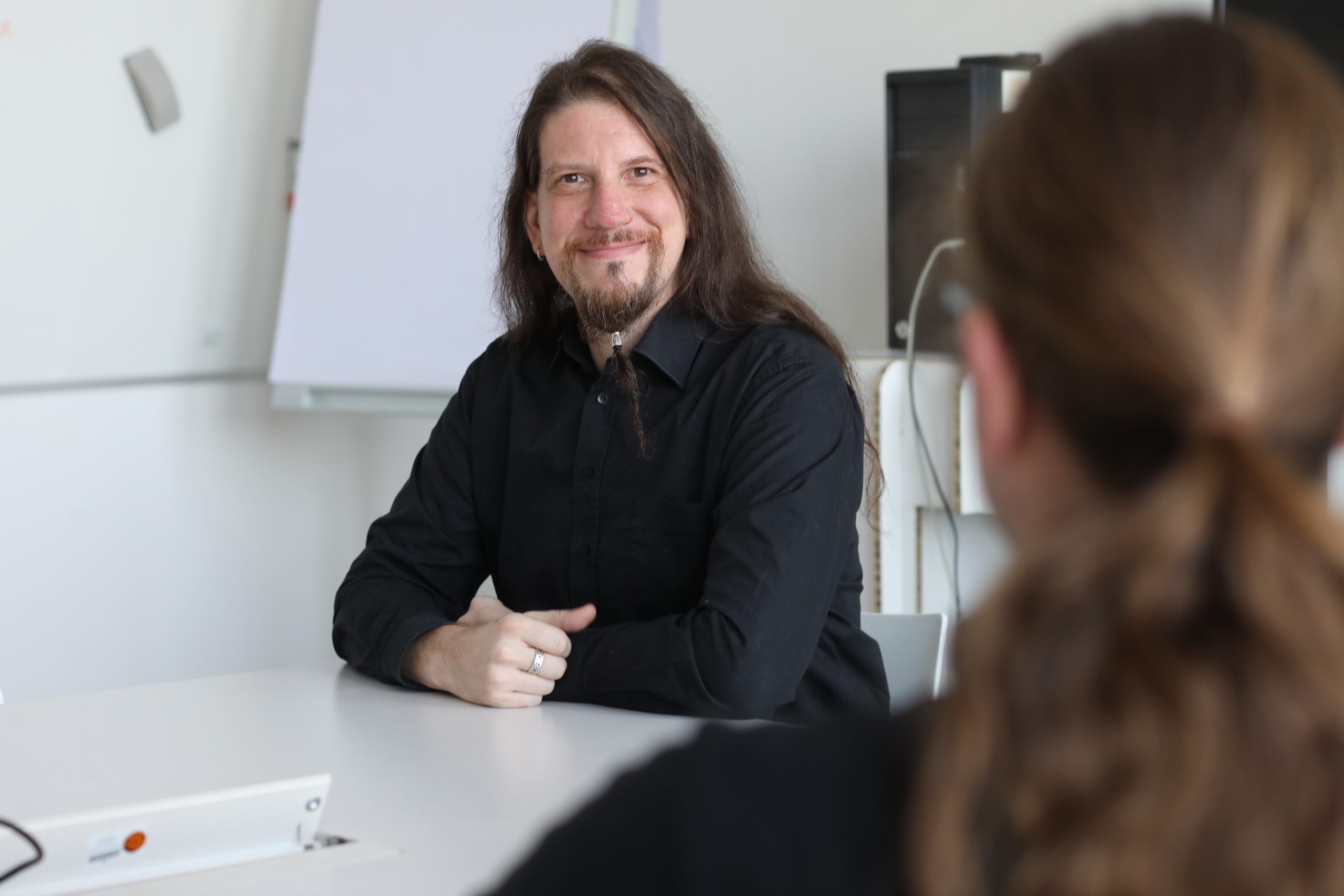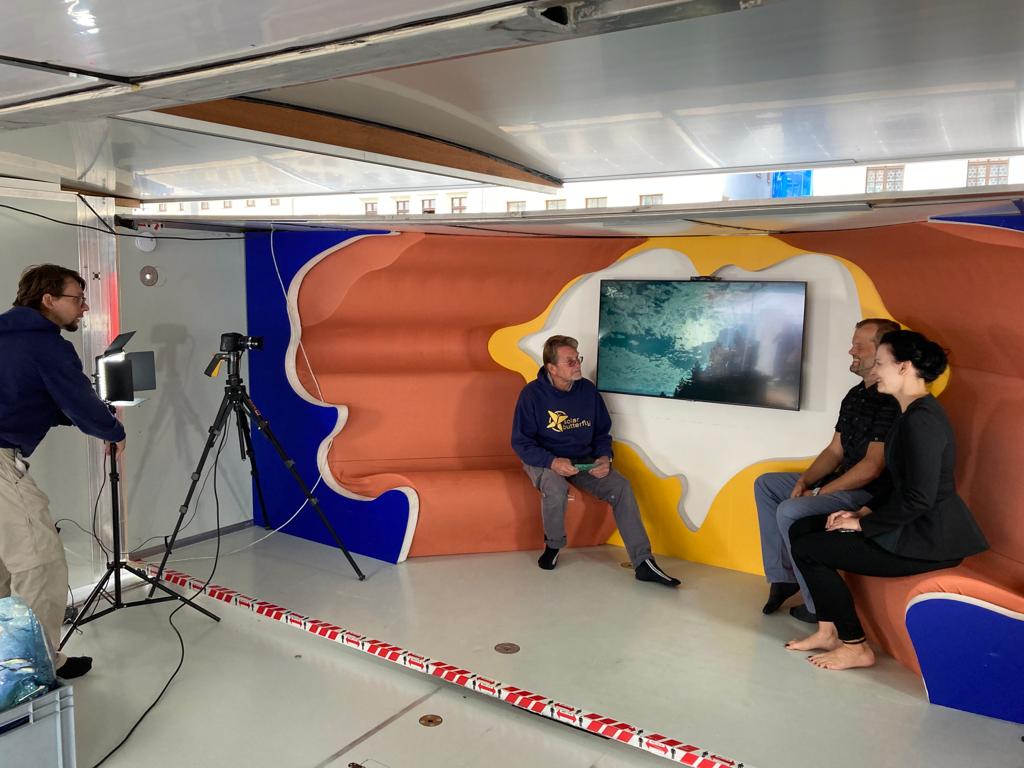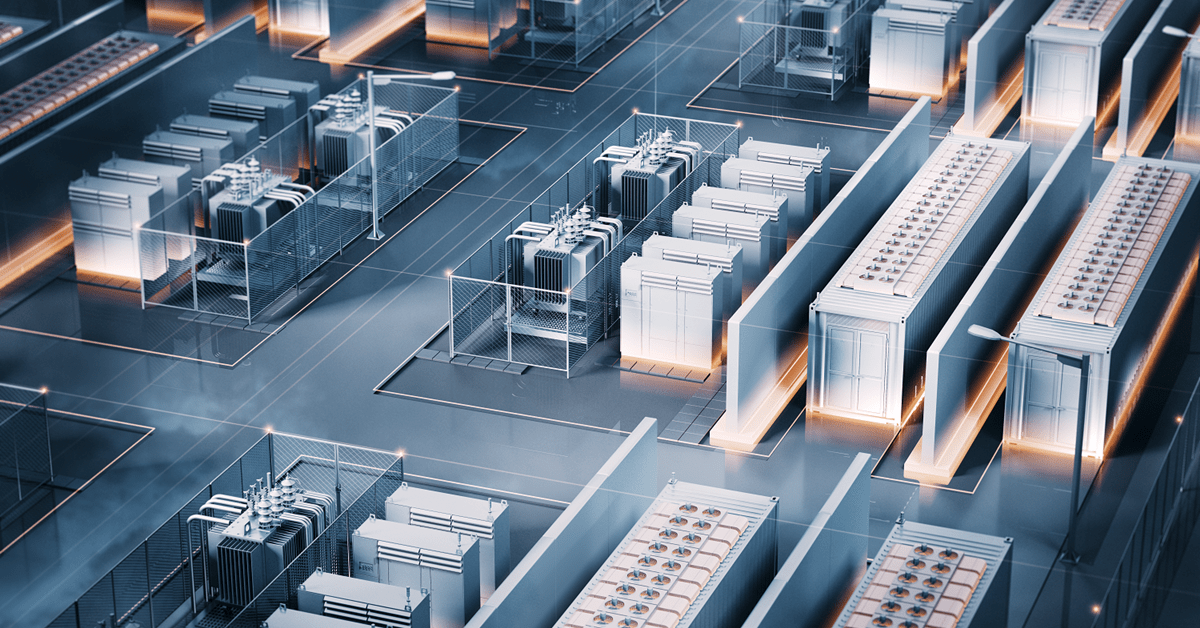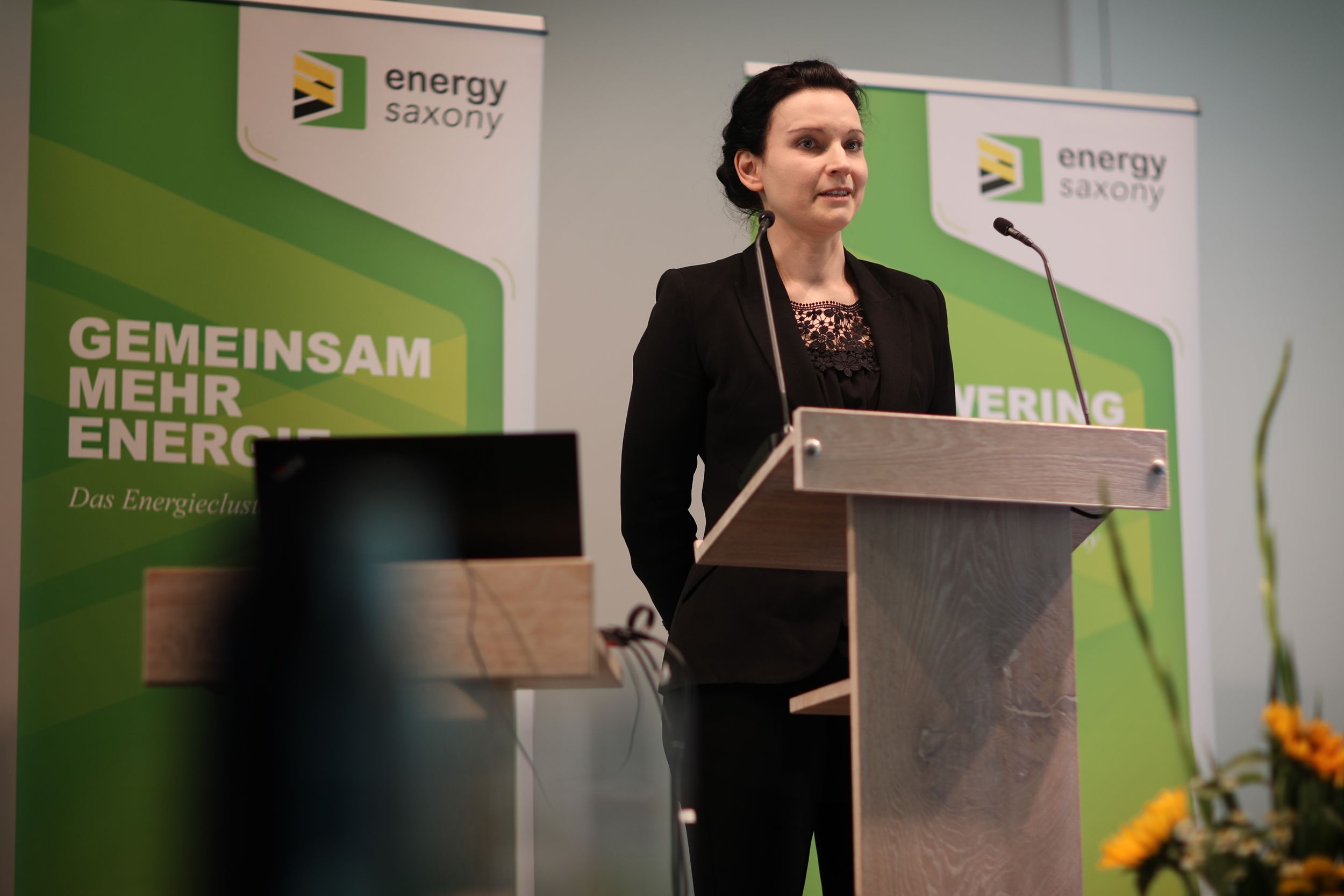PRESS RELEASE
- Dresden engineers develop globally unique technology based on artificial intelligence for battery recycling
- High demand from companies in the energy, recycling and mobility sectors
- “Game Changer” with regard to energy crisis and climate change
- Joint large-scale storage facility opening with Saxony’s Minister President Michael Kretschmer on 30.09.2022
Dresden 29.09.2022 — They are toxic. They are expensive. And they are needed more than ever, especially in the current energy crisis. After years of research, engineers and developers at the Dresden-based high-tech company NOVUM have succeeded in using artificial intelligence to create the basis for fast and cost-effective recycling of batteries and their valuable components. It is not only companies in the energy, automotive and recycling sectors that are now clamoring for the new technology. Politicians have also taken notice of the “game changer” in the battery industry.
On-site visit to JT Energie Systems in Freiberg, Saxony. As is now the case almost every day, Mandy Schipke, CEO of NOVUM, is out to listen, explain and inspire. After years of research, she and her team have finally made a breakthrough. While companies and universities around the world are still looking for methods to better understand and analyze the chemical processes in batteries, NOVUM uses artificial intelligence to provide reliable information about the condition, remaining capacity and residual value of batteries of all types within a few seconds.
Since 2022, the first corporations, such as RWE, LEAG and UMICORE have been using the system. And Mandy Schipke no longer has a moment’s peace: “For our customers in the mobility, energy and recycling sectors, NOVUM’s patented test systems are an absolute game changer. Batteries have been the Achilles’ heel of these industries so far — expensive to produce, complicated to recycle, and yet urgently needed. With NOVUM, used batteries from vehicles and machines no longer have to be thrown away. They are given a second or even third life, for example in large-scale storage systems for renewable energies.”
But how exactly does the method work? And why has it taken more than 200 years since the invention of the battery for experts to really understand the chemical processes in the cells? “The method we use to obtain information about the batteries or individual battery cells is not that new and is called impedance spectroscopy,” she explains. “In this process, a current pulse is sent into the batteries, which creates an image of the battery chemistry. What’s special is that we can reliably interpret this image with the help of our artificial intelligence.” — This is a globally unique method that not only companies, but also scientists, politicians and conservationists have been waiting for for years.
JT Energy Systems in Freiberg is one of the first NOVUM customers. With the help of the high-tech company, the manufacturer of forklift batteries now even wants to open up new business areas. “Forklift batteries often last longer than the vehicles themselves,” explains Mandy Schipke. “We support JT Energy Systems in bringing used batteries back into the recycling loop. This can happen in vehicles or in Saxony’s largest battery storage facility, which we opened together with our partners JT Energy Systems and Tricera and Minister President Michael Kretschmer in Freiberg on Sept. 30, 2022.”
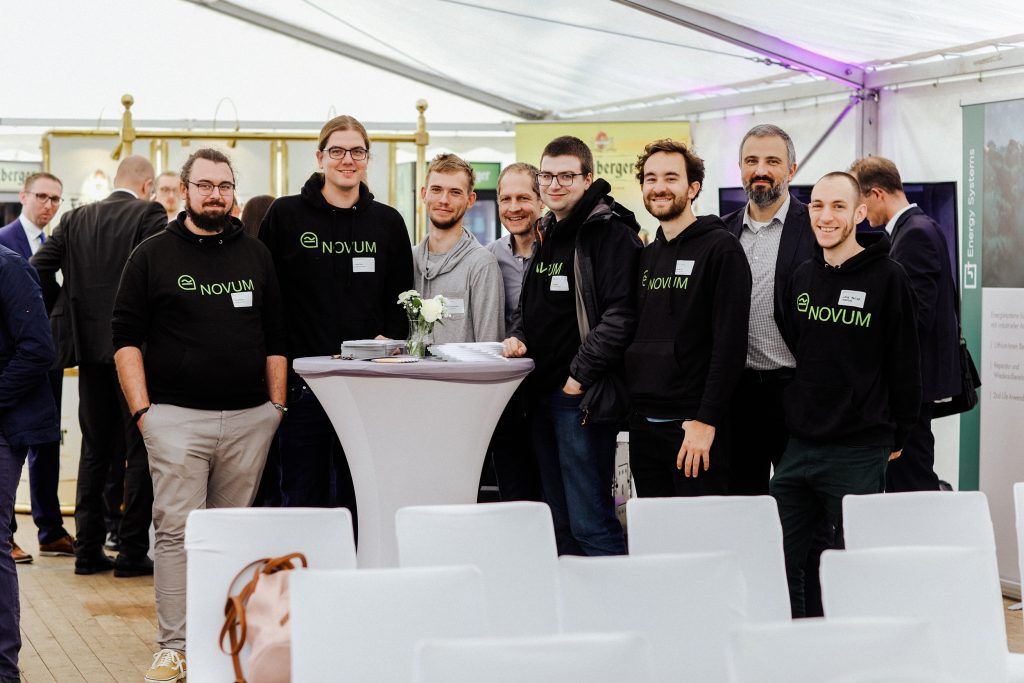
PRESS CONTACT
Anne Schwerin
Head of Communicaton
Tel.: 49 (0) 176 41 83 90 18
E‑mail a.schwerin@novum-engineering.com

